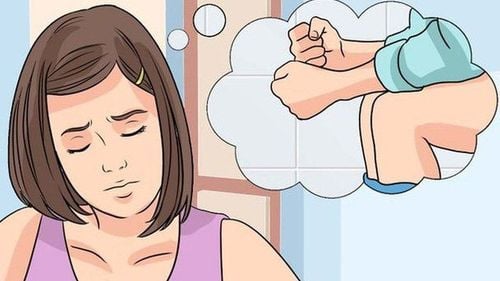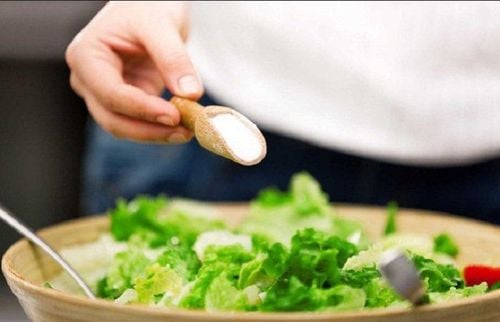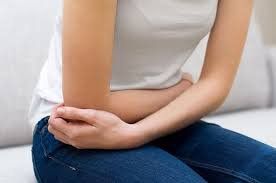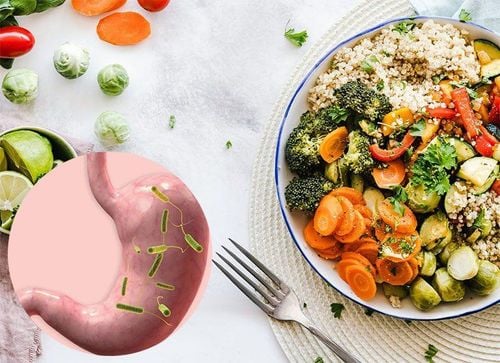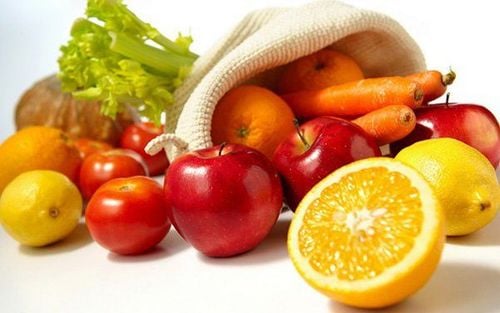This is an automatically translated article.
Here are 5 eating and exercising tips to help maximize your exercise and athletic performance. Remember that the length and intensity of your activity will determine what you should eat and how long you should drink.1. How a healthy diet and exercise can help you achieve your goals
The choices and lifestyle you make today will lead to a healthier future. Eating a healthy diet and exercising regularly can help control or delay health problems related to aging, like high blood pressure and diabetes.1.1. Eat plenty of fresh fruits and vegetables Fruits and vegetables are an essential part of a healthy diet. As reported by the Harvard School of Public Health: “A diet rich in fruits and vegetables may lower blood pressure, reduce the risk of metabolic heart disease and stroke, prevent certain types of cancer, Reduces the risk of eye disease and digestive problems, and has a positive effect on diabetes, which can help control cravings. "
They also advise you : When choosing vegetables and fruits, choose different varieties and colors. Instead of cake for dessert, choose fruit instead. healthy foods, including prepackaged, fried and sugary foods.A diet high in fast food and sweets is certainly not a healthy diet. But it's great to limit sweets. It's not easy for you, so try to only eat sweets like ice cream and candy for a few special occasions and limit fried and prepackaged foods.
One of our healthy eating tips. From the Centers for Disease Control and Prevention (CDC), the US Department of Health and Human Services, it's: replace quick meals by finding some delicious recipes from recipe books, ingredients family member or website and start cooking more of your own meals at home.
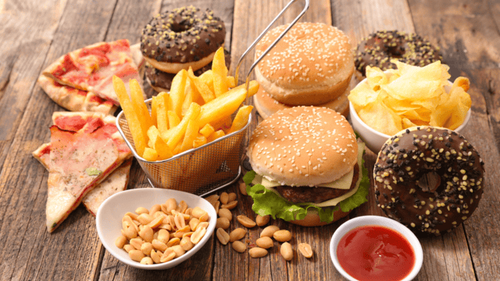
Hãy cố gắng hạn chế tiêu thụ thực phẩm không lành mạnh, bao gồm đồ đóng gói sẵn, đồ chiên rán và đồ có đường
Or simply during your lunch break, take a walk using the stairs instead of using the elevator.
1.4. Drink plenty of water (but not soft drinks) According to the Mayo Clinic, water is the most important chemical component in our bodies and makes up about 60% of our body weight. Not getting enough water can lead to dehydration, headaches, dry skin, and lack of energy. Try to limit your consumption of other beverages, like alcohol and sugary soft drinks, to special occasions.
Get in the habit of carrying a reusable water bottle with you wherever you go and try to drink it all out every day.
2. 5 eating tips to maximize your workout
2.1. Eat a healthy breakfast If you exercise in the morning, get up early enough to finish your breakfast at least an hour before your workout. Be full of energy to practice. Studies show that eating or drinking carbohydrates before exercise can improve exercise performance and may allow you to train for longer periods or at a higher intensity. If you don't eat, you may feel sluggish or light-headed while exercising.If you plan to exercise within an hour of having breakfast, have a light breakfast or drink something like a sports drink. Focus on carbohydrates for maximum energy.
Good breakfast options include:
Whole grain cereal or bread Low fat milk Fruit juice Bananas Yogurt If you can't get rid of your morning coffee routine then drink it before your workout. But keep in mind that whatever food or drink you consume before a workout, there's a risk that you'll get stomach upset.

Nếu bạn không thể từ bỏ thói quen uống cafe vào buổi sáng thì hãy uống nó trước khi tập luyện
Big meals: Eat them at least 3 to 4 hours before exercising Small meals: Eat them at least 1 to 3 hours before exercising Overeating before exercise Exercise can make you feel sluggish. Eating too little may not give you the energy you need to stay feeling healthy throughout your workout.
2.3. Snacking Most people can snack right before and during exercise. What matters is how you feel. Do what's best for you. Snacks eaten early before exercise probably won't give you extra energy if your workout lasts less than 60 minutes, but they can stop distracting hunger. If your workout lasts longer than 60 minutes, you may benefit by including a carbohydrate-rich food or drink during your workout. Good snack options include:
Low-fat energy bars Bananas, apples and fresh fruit Yogurt, fruit smoothies Whole grain bread or biscuits Peanut butter bread Body drinks Sports or diluted juice A healthy snack is especially important if you plan to work out a few hours later.
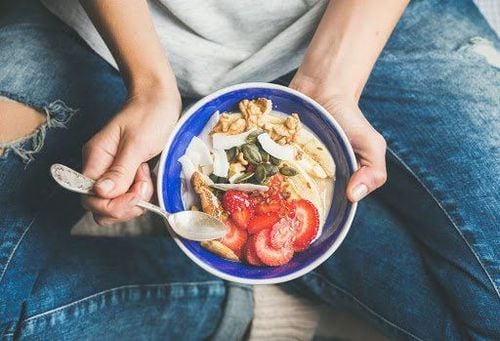
Một bữa ăn nhẹ lành mạnh đặc biệt quan trọng nếu bạn có kế hoạch tập luyện vài giờ sau đó
Yogurt and fruit Peanut butter sandwich Low-fat chocolate milk and cookies Post-workout recovery smoothie Turkey with whole grain bread and veggies 2.5. Drinking Fluids is essential before, during, and after a workout to prevent your body from becoming dehydrated. The liquid here is simply water or sports drink and does not include any other soft drinks.
To stay hydrated for exercise, the American College of Sports Medicine recommends that you:
Drink about 2 to 3 cups (473 - 710 ml) of water two to three hours before exercise . Drink about 1/2 to 1 cup (118 - 237 ml) of water every 15 to 20 minutes during exercise. Adjust the amount of water above according to the weather situation and your body size. Drink about 2 to 3 cups (473 to 710 ml) of water post-workout for every .5 kg of weight you lose during exercise. Water is generally the best way to replace lost fluids. But if you're exercising for more than 60 minutes, stick with a sports drink. Sports drinks can help maintain your body's electrolyte balance and give you more energy because they contain carbohydrates.
Remember that the length and intensity of your activity will determine how often and what you should eat and drink. For example, you will need more energy from food to run a marathon than to walk a few kilometers. Try not to include any new products in your diet before an extended sporting event. It's best to have previous experience listening to your body process food.
When it comes to eating and exercising, everyone is different. So pay attention to how you feel during your workout and your overall performance. Let your experience guide you which pre- and post-exercise eating habits work best for you. Consider keeping a journal to track your body's response to meals and snacks so you can tailor your diet for optimal results.
Please follow the website ( www.vinmec.com ) for more information on health care instructions, which we will update regularly.
Please dial HOTLINE for more information or register for an appointment HERE. Download MyVinmec app to make appointments faster and to manage your bookings easily.
References: mayoclinic.org, ylai.state.gov



